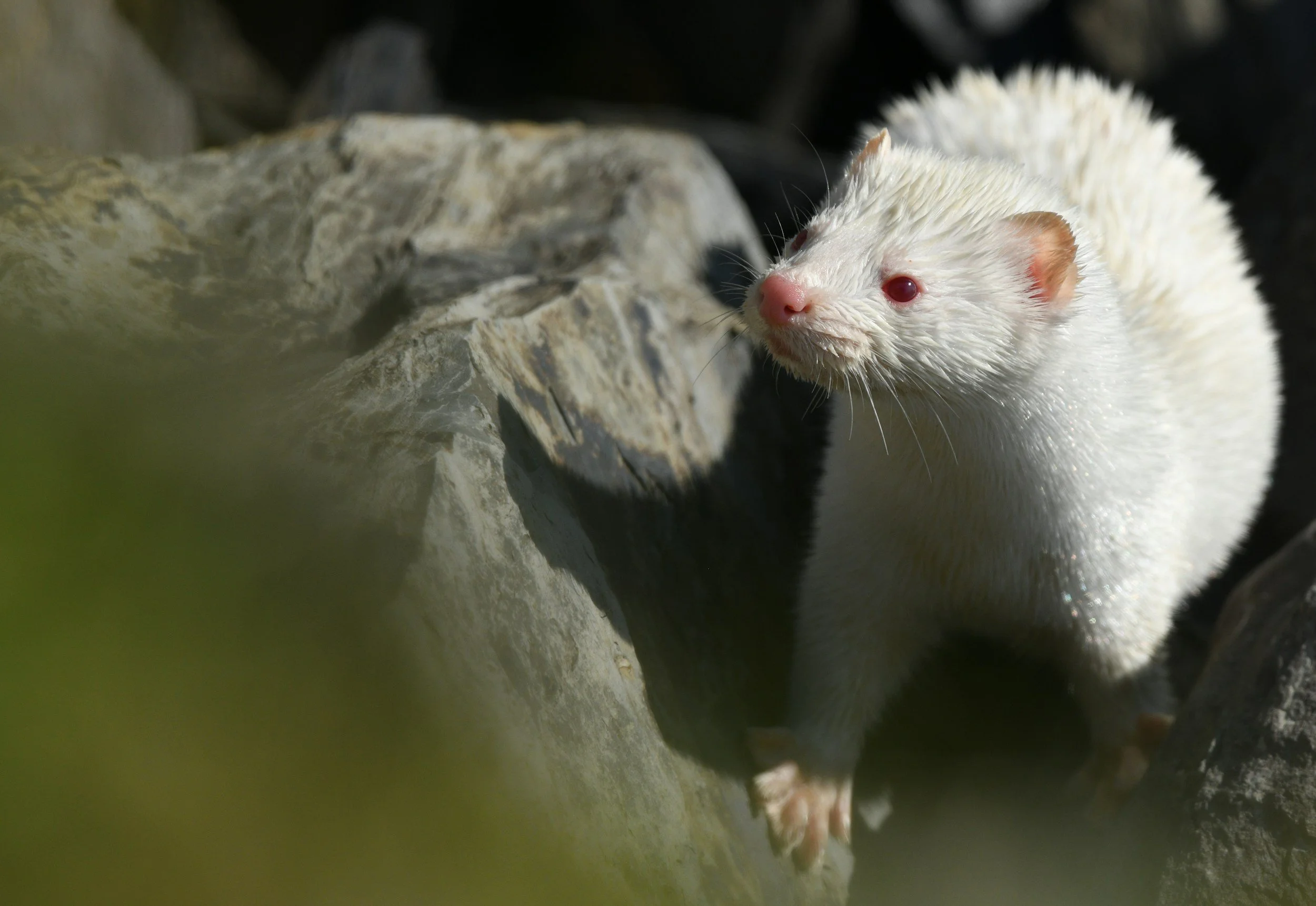Pakistan Zoo Elephant Dies Before Being Rescued
A relocation for the elephant, who was in “serious pain and suffering”, was finally agreed, but now Noor Jehan has passed away before experiencing her freedom.
Recent photo of Noor Jehan at Karachi Zoo. Credit: FOUR PAWS
From a gorilla kept in a shopping mall in Thailand, to the world’s loneliest elephant at a New York zoo, Species Unite highlighted some of the world’s most famous - and campaigned for - captive animals earlier this month.
Among the animals who made the list was elephant Noor Jehan, held at Karachi Zoo, Pakistan. A veterinary team from animal welfare group FOUR PAWS had recently diagnosed the ailing elephant as living in “serious pain and suffering” at the zoo, which has been accused of failing international zoo standards.
After years of campaigning for Noor Jehan’s freedom, local zoo officials and authorities finally committed this month to relocate the elephant from the zoo, on the condition that she must first recover from her current illness.
Now, Species Unite is devastated to report the news that Noor Jehan has passed away before experiencing her freedom.
The 17-year-old elephant was still recovering from a serious condition when an incident occurred where she was found unable to climb out of the pool in her enclosure on April 14th.
Noor Jehan was no longer able to stand up on her own. Credit: FOUR PAWS / Mahera Omar
The zoo’s team were finally able to pull her out of the pool after several hours, but a weak and ill Noor Jehan no longer had the strength to stand up on her own despite multiple attempts to help her. After fighting for nine days, she succumbed to her critical condition.
“It is heartbreaking that she had to die at only 17 years old, when she could have had many more years”, explained FOUR PAWS veterinarian Dr Amir Khalil. For African elephants like Noor Jehan, an average lifespan is 60 to 70 years.
“Karachi Zoo does not fulfill international standards and is not equipped to take care of elephants, especially when the animals need specialised veterinary care”, added Dr. Khalil.
Noor Jehan’s tragic story has once again raised the issue of animal welfare concerns at Karachi Zoo, and it is reported that Pakistan’s Federal and Sindh government are now considering shutting down the zoo permanently.
In the meantime, attention now turns to the zoo’s only remaining elephant, Madhubala, who is said to be mourning the loss of her longtime companion. Madhubala was captured in the wild, along with Noor Jehan, and brought to Pakistan back in 2009.
Madhubala, the remaining elephant at Karachi Zoo. Credit: FOUR PAWS
FOUR PAWS is hopeful that the authorities in Pakistan will take Noor Jehan’s sad fate as an example, and relocate Madhubala to a more species-appropriate place as soon as possible to give her a chance at a better life. Species-appropriate living conditions for elephants, the group explains, includes big open spaces with natural surroundings and a soft ground where the animals can move around.
Fighting For Elephants in Captivity
Outside of Pakistan, animal welfare organizations are currently tackling the issue of elephant captivity around the world. Earlier this year, a list of the “10 Worst Zoos for Elephants in North America” was released by In Defense of Animals (IDA), and focused on the plight of elephants in zoos. IDA says that a lack of space, unsuitably cold climates, and unnatural conditions, condemn Earth’s largest land mammals to lifetimes of deprivation, disease, and early death.
Campaigners protesting for Happy’s release to a sanctuary.
The list mirrors the findings of another recent report, Elephants in Zoos: A Legacy of Shame, by international wildlife charity Born Free, which also raises concerns around low birth rates and high infant mortality, stating that 40 percent of infant elephants in zoos die before the age of five.
The report notes that zoos also continue to drive demand for the capture of wild elephants, and the charity is now calling on zoos to phase out captive elephants from their exhibits. Will Travers, co-founder of Born Free, said "it will take time, we all acknowledge that. For animals still in zoos, we need to create large, spacious enclosures in a sanctuary environment. We need to stop attempting to breed them. We should bring no more elephants from the wild."
Why are zoos under increased scrutiny? Listen to our podcast episode “Captivity Sucks”, where we speak with Devan Schowe, Campaigns Associate for Born Free USA, about her extensive work reporting on the suffering of giraffes in US zoos, and why captivity in general is so harmful for animals.
We Have A Favor To Ask…
Species Unite amplifies well-researched solutions to some of the most abusive animal industries operating today.
At this crucial moment, with worldwide momentum for change building, it’s vital we share these animal-free solutions with the world - and we need your help.
We’re a nonprofit, and so to keep sharing these solutions, we’re relying on you - with your support, we can continue our essential work in growing a powerful community of animal advocates this year.
More stories:
Species Unite
A collection of stories of those who fight the good fight on behalf of animals.







The whereabouts of two baby giraffes remain unknown after a zoo owner withheld their location and was jailed for contempt.